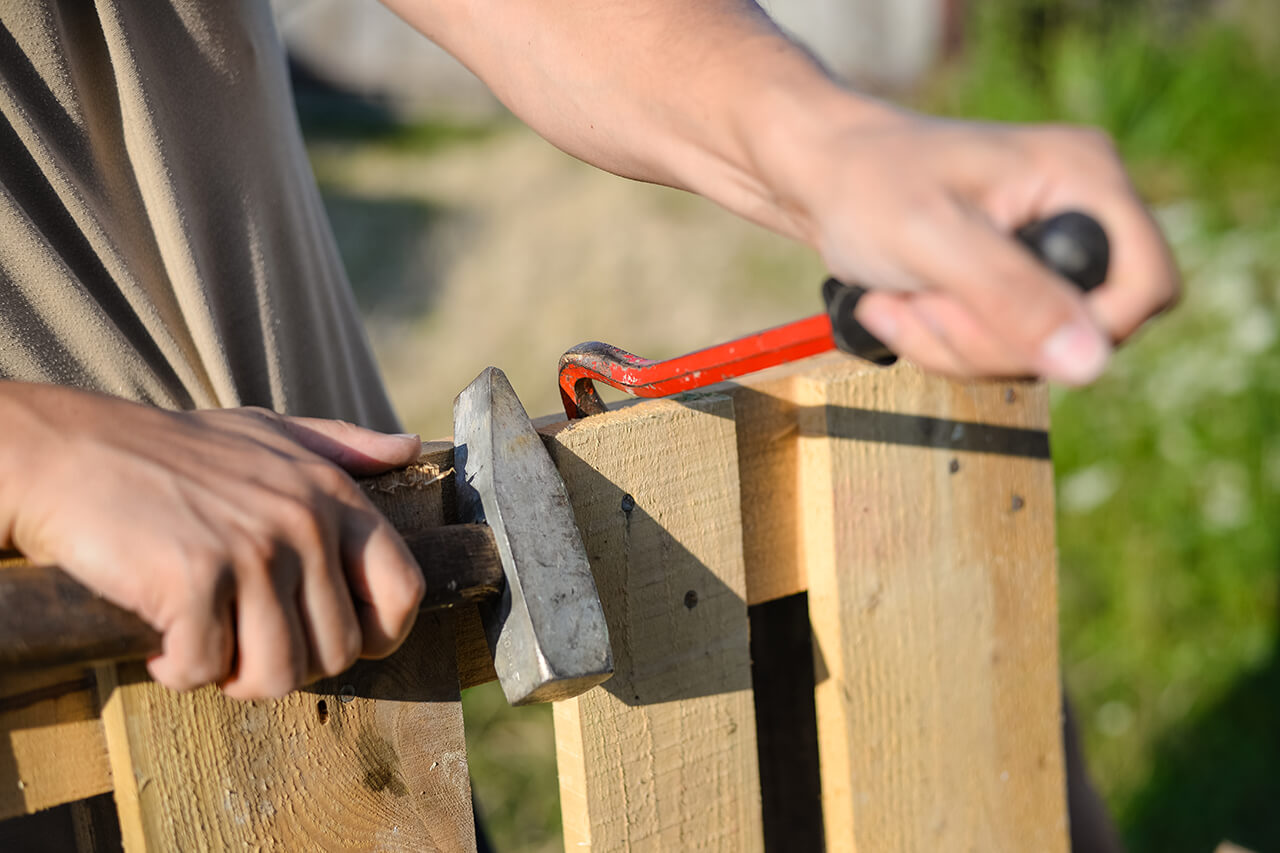
All Island Fence and Railings
All Island Fence and Railings
All Island Fence & Railing is a full service fencing company. We have over 35 years of fencing experience, three locations throughout Long Island, and staff to help you along every step of your project. We Mark out utility (gas, electric and water) lines before each installation to protect our customer, customers property, employees, and communities. We are licensed, insured and bonded. Thank you for considering All Island Fence & Railing for your fencing needs!
"I highly recommend All Island Fence and Railings - They have done several jobs for us and we could not be happier with the quality of their work. All their staff from sales, design, office and installation are very professional, low pressure and extremely helpful. We will definitely use them in the future."
Edward M on November 2024
All Island Fence & Railing is a full service fencing company. We have over 35 years of fencing experience, three locations throughout Long Island, and staff to help you along every step of your project. We Mark out utility (gas, electric and water) lines before each installation to protect our customer, customers property, employees, and communities. We are licensed, insured and bonded. Thank you for considering All Island Fence & Railing for your fencing needs!
"I highly recommend All Island Fence and Railings - They have done several jobs for us and we could not be happier with the quality of their work. All their staff from sales, design, office and installation are very professional, low pressure and extremely helpful. We will definitely use them in the future."
Edward M on November 2024

















